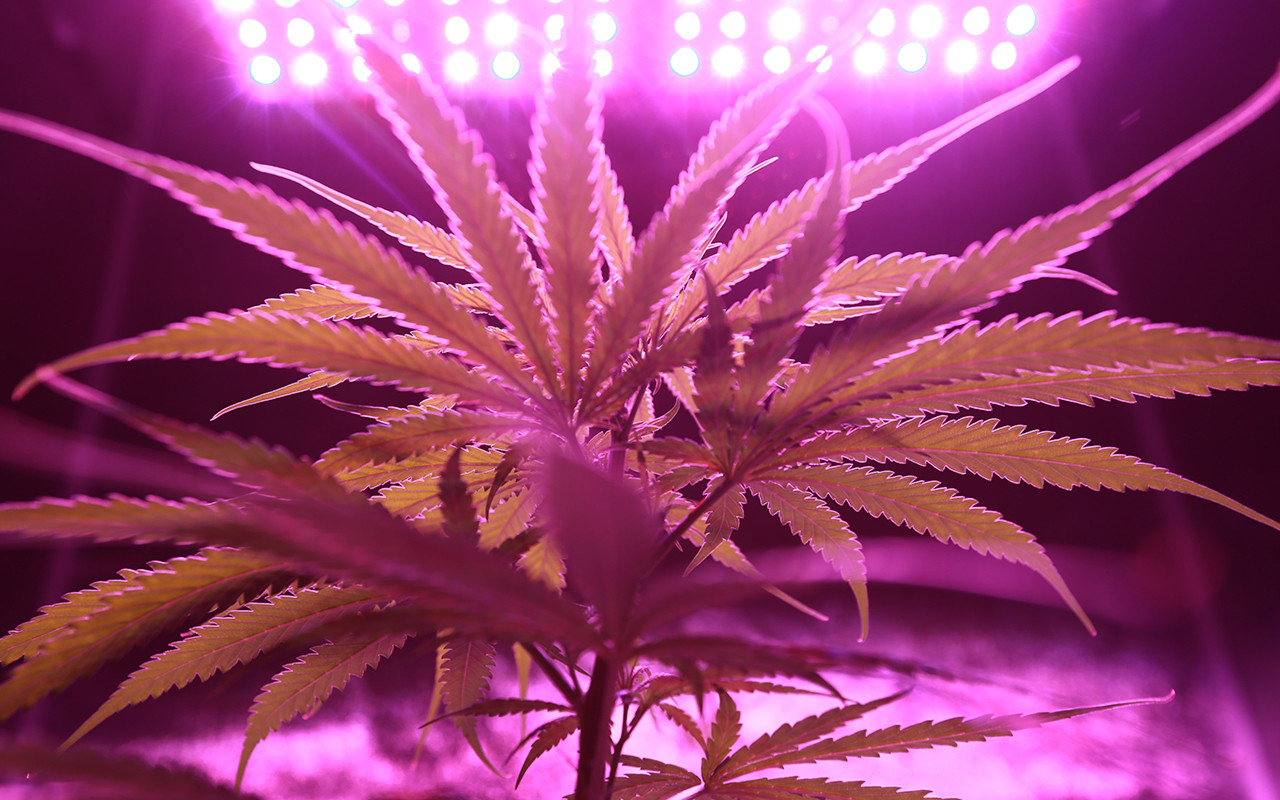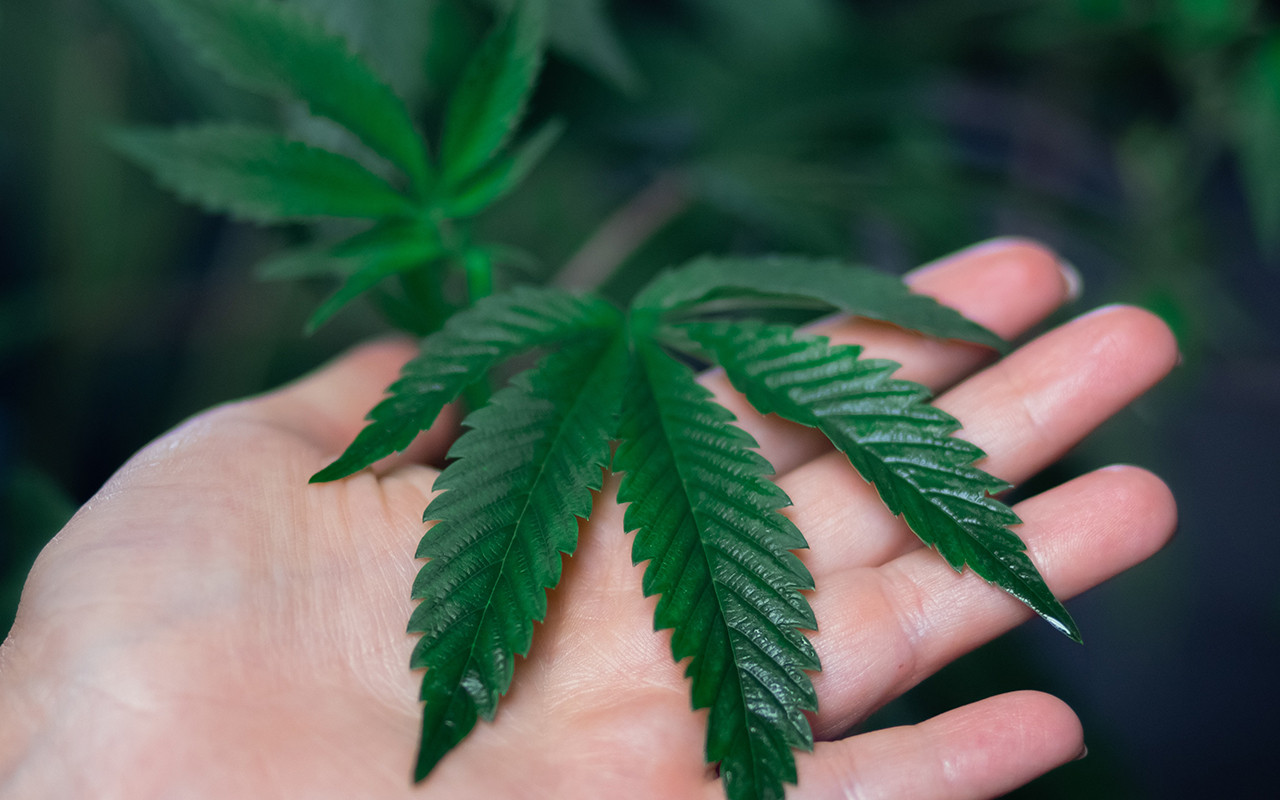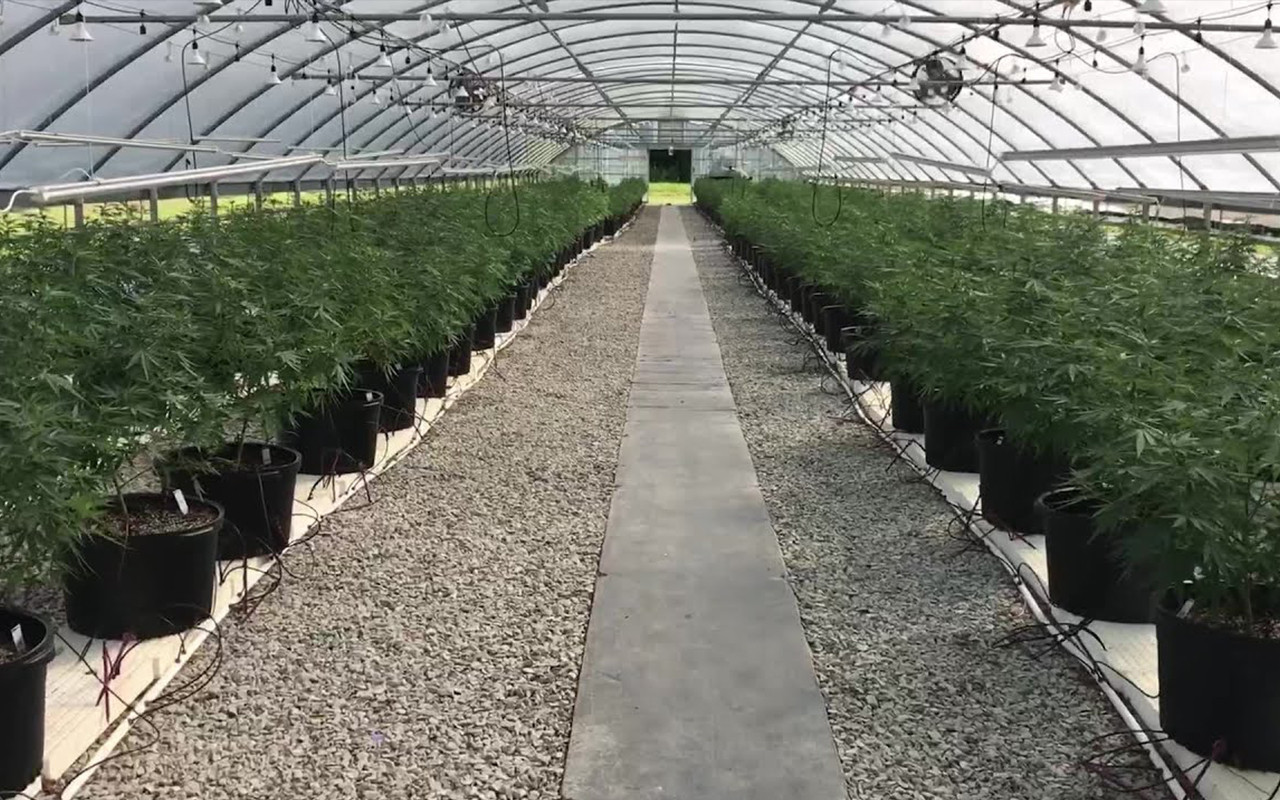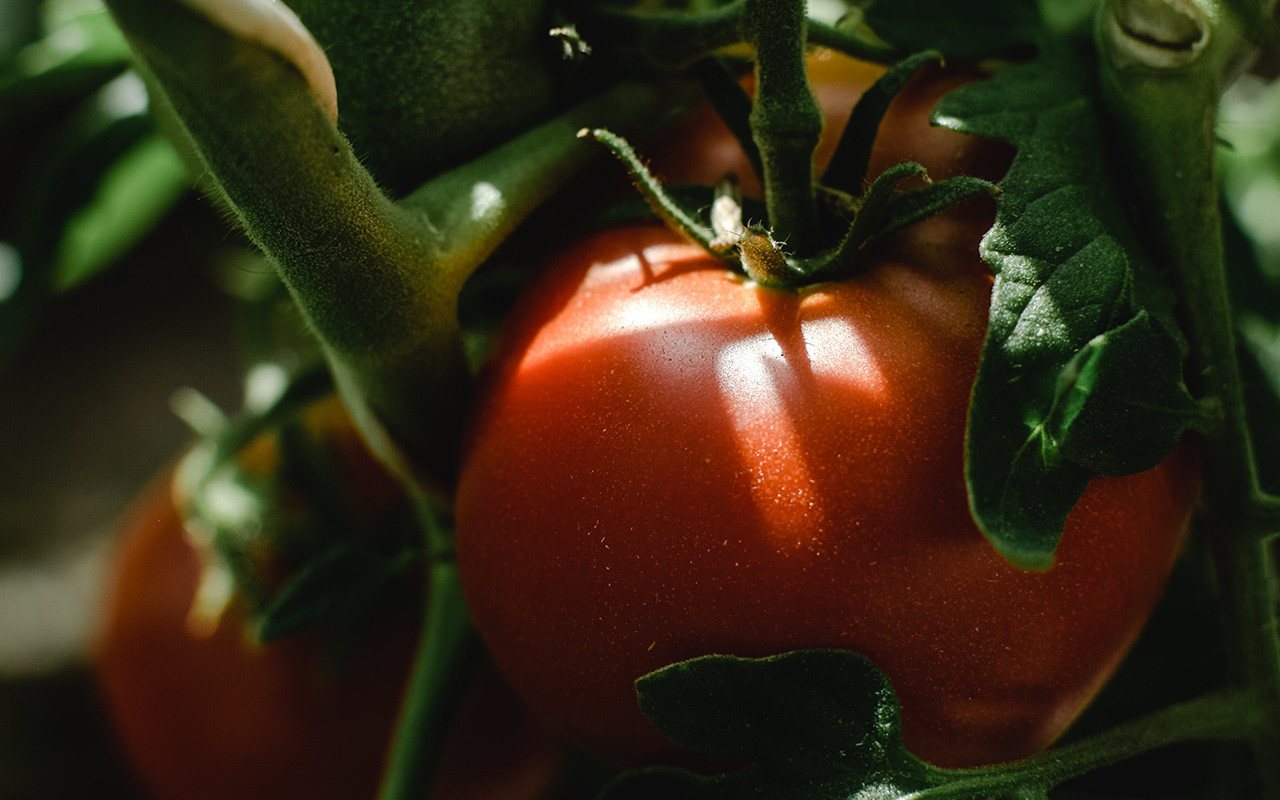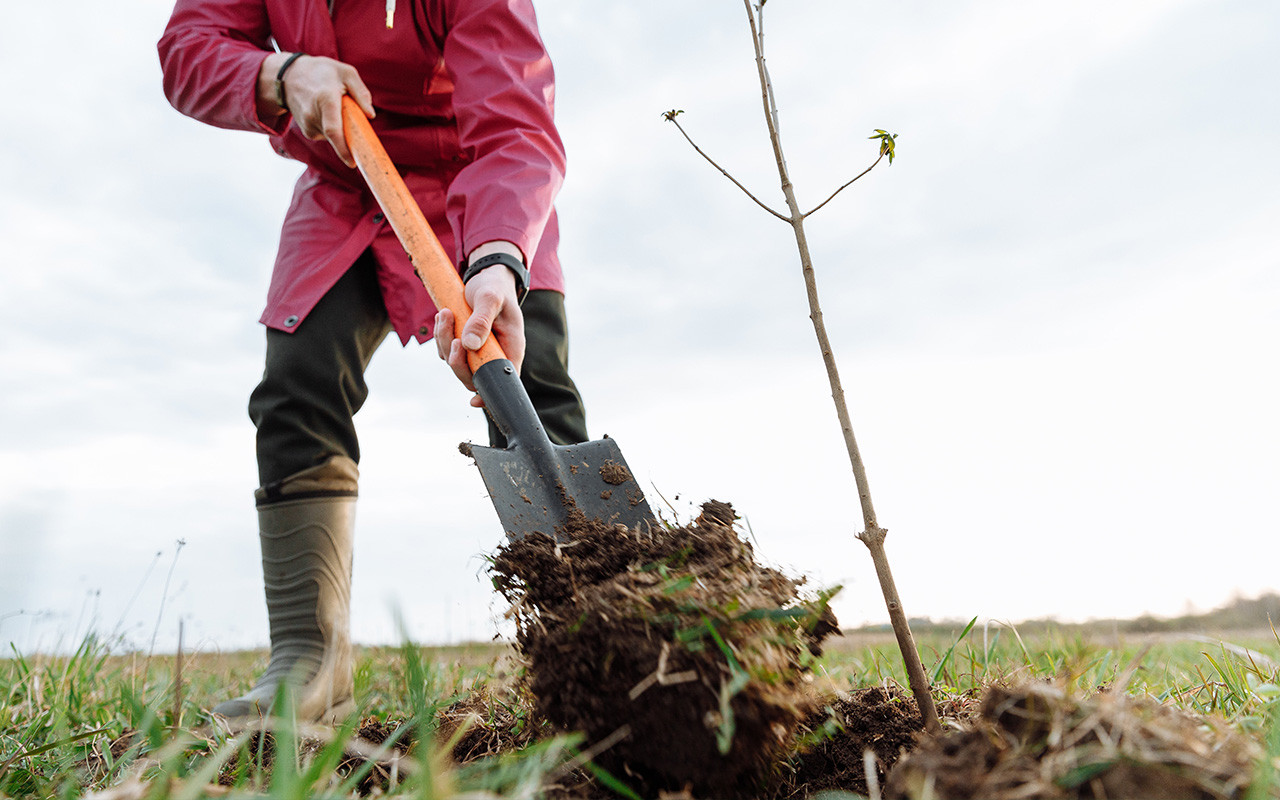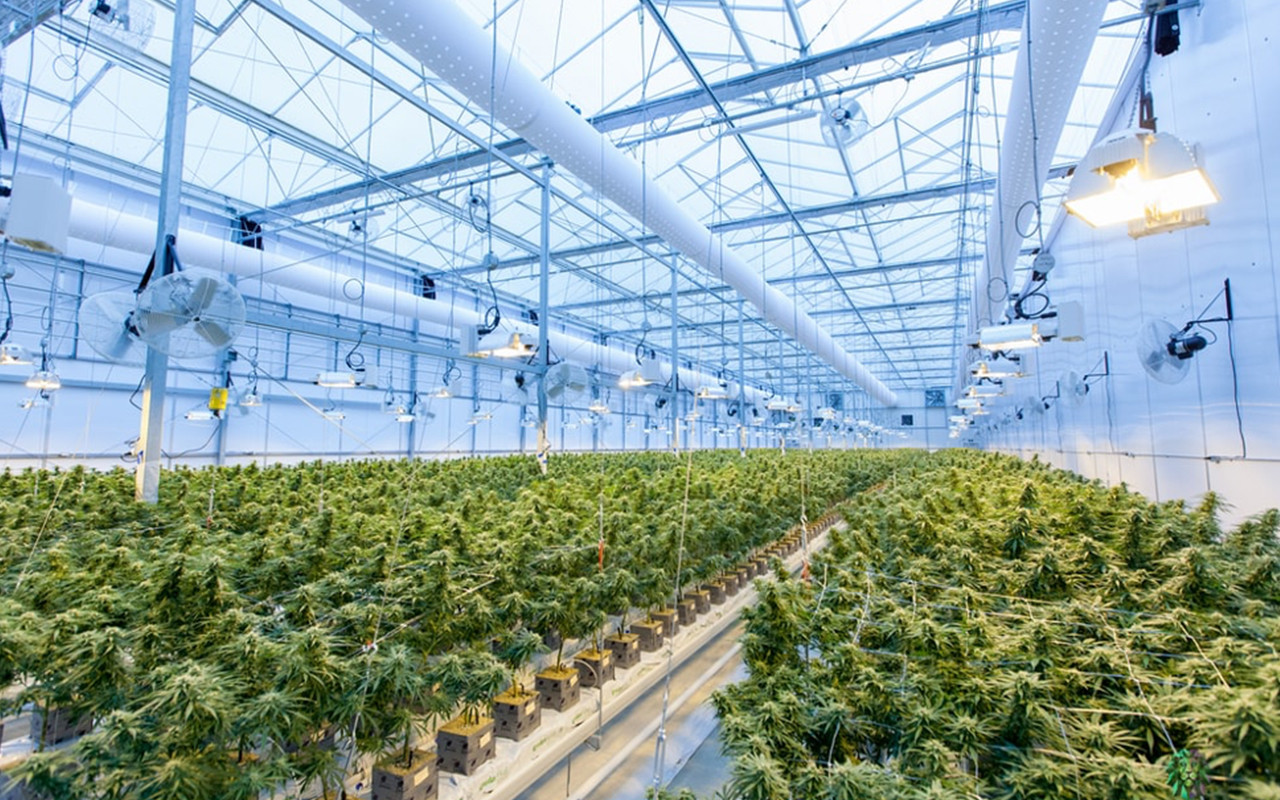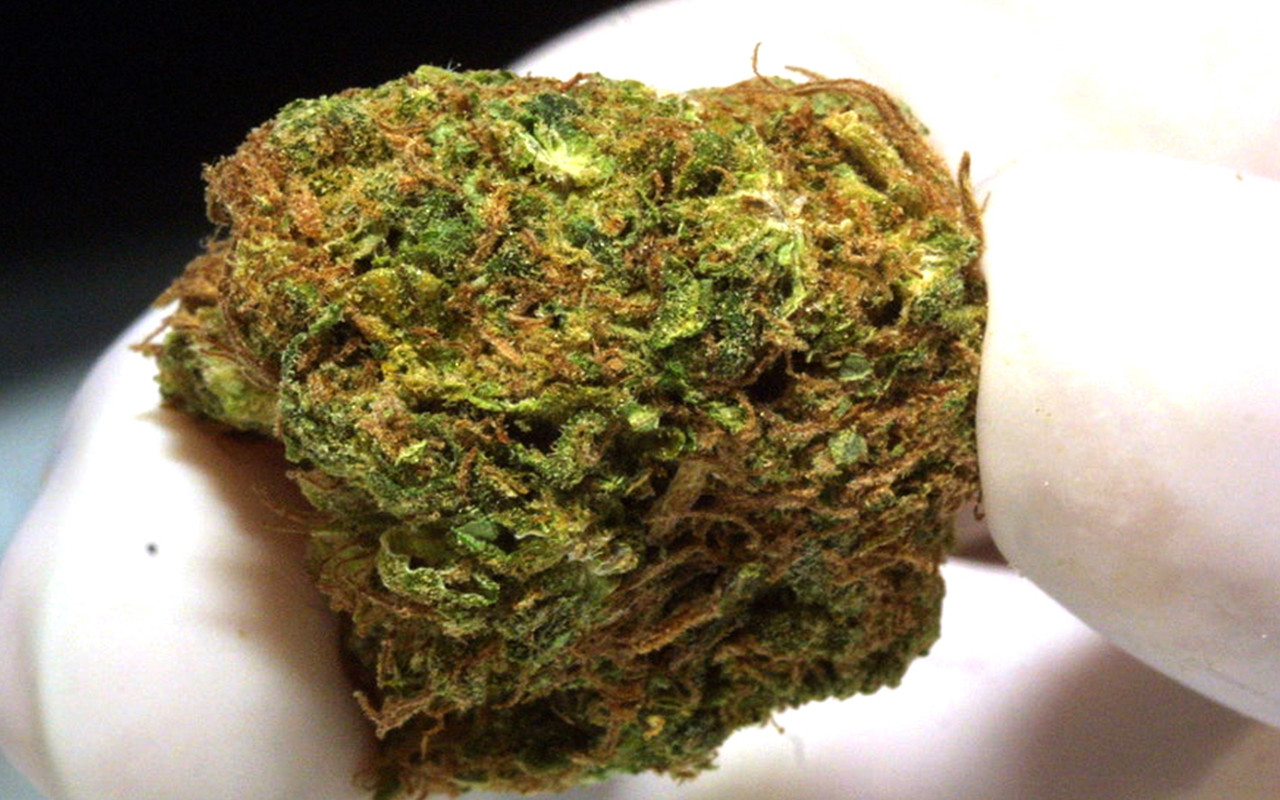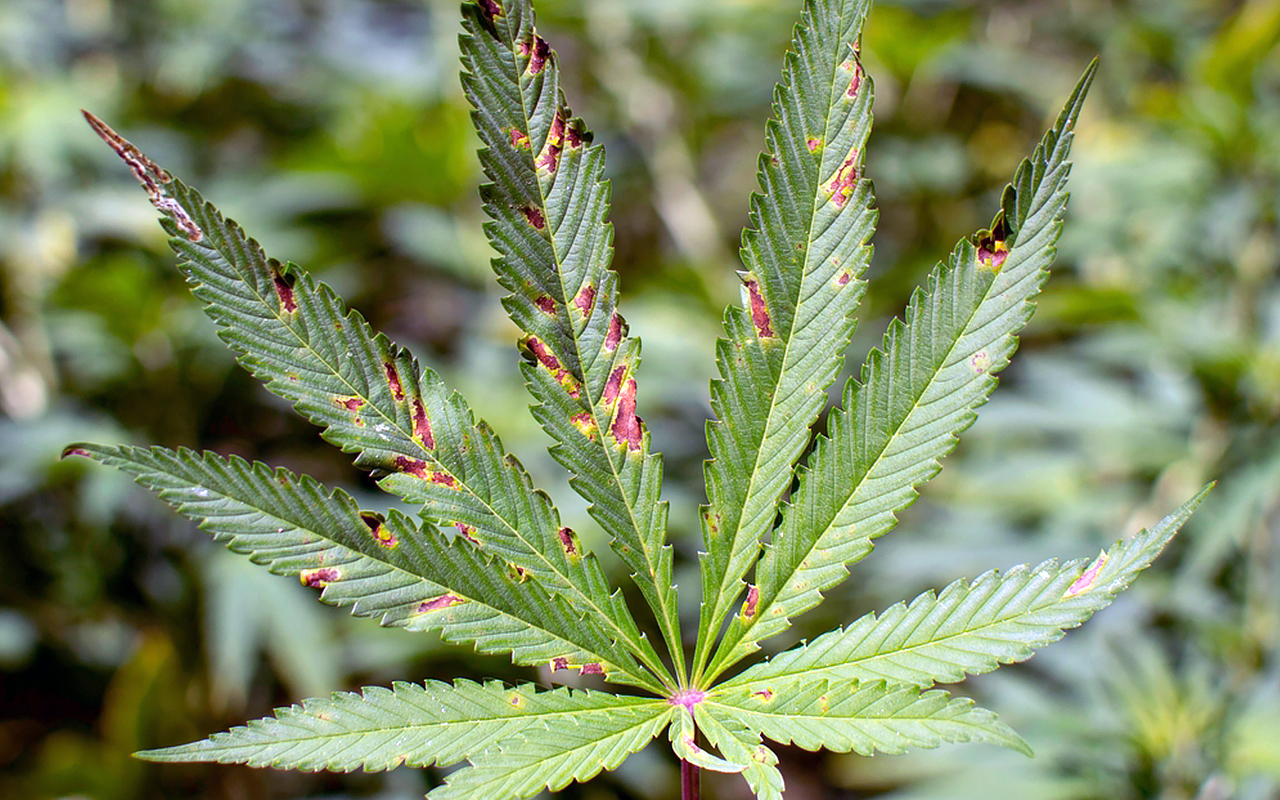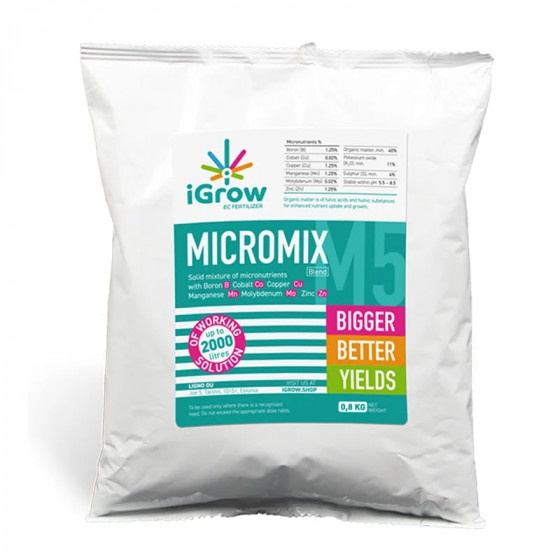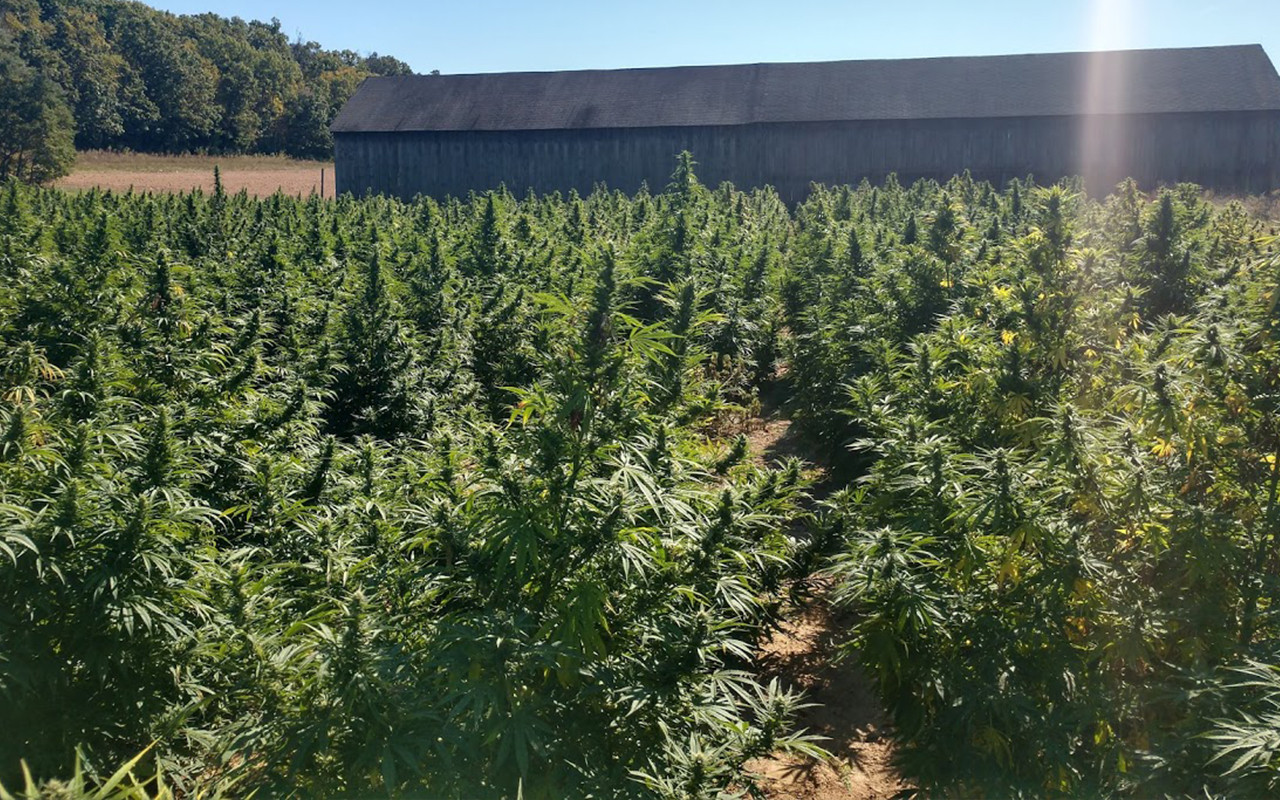
Hemp Fertilizers - Do You Need a Special Kind?
Hemp and Fertilizer Requirements
Hemp is not a particularly demanding crop when it comes to fertilizer requirements. In fact, hemp is known to be quite tolerant of poor soil conditions. In general, hemp plants prefer a slightly acidic soil with a pH between 6.0 and 7.0. However, like any other crop, hemp will need some nutrients to grow optimally.
The three main nutrients that hemp plants need are nitrogen, phosphorus, and potassium. These are typically referred to as NPK for short. Nitrogen is responsible for leaf growth, phosphorus helps with root development, and potassium aids in overall plant health.
You can find NPK ratios on any fertilizer label. For hemp, a good general-purpose fertilizer would have an NPK ratio of 5-10-5 or 10-10-10. These numbers indicate that the fertilizer contains 5% nitrogen, 10% phosphorus, and 5% potassium.
It's important to note that hemp plants have different fertilizer requirements at different stages of growth. For example, during the vegetative stage, hemp plants will need more nitrogen than phosphorus and potassium. However, during the flowering stage, hemp plants will need more phosphorus and potassium than nitrogen.
It's also important to remember that hemp plants are heavy feeders, so you may need to apply more fertilizer than you would for other crops. This is especially true if you're growing hemp for CBD production, as CBD-rich hemp plants tend to be even more demanding than other varieties.
How Much Fertilizer Does Hemp Need?
Here we are talking about NPK removal. This is a bit more difficult, as it depends on hemp variety (fiber or seed), plant part utilized (leaf, stem, or root), and the stage of growth.
In general, the total amount of primary nutrients to target in dryland production should be as follows:
- Nitrogen 90 to 135 kg/ha
- Phosphorus 45 kg/ha
- Potassium 65 kg/ha
- Sulfur 15kg/ha
This rates include soil supplied nutrients, which means that hemp grown in organically rich soils will require lower fertilizer inputs.
It's also important to note that hemp plants can vary widely in their fertilizer requirements. For example, hemp plants grown for fiber tend to be less demanding than hemp plants grown for CBD.
The best practice to determine hemp's fertilizer requirement is to take a soil test and tissue test. These tests will give you a good idea of the nutrient levels in your soil and how much fertilizer your hemp plants will need.
Choosing the Right Fertilizer for Your Hemp Crop
Now that we've answered the question, "does hemp need a special kind of fertilizer," it's time to look at how to choose the right fertilizer for your hemp crop.
There are a few things you'll want to consider when choosing a fertilizer for hemp. First, you'll need to decide whether you want an organic or synthetic fertilizer.
Organic fertilizers
Organic fertilizers are made from natural materials like manure, compost, and plant matter. They're a good choice for hemp growers who want to avoid using synthetic chemicals. However, organic fertilizers tend to be less concentrated than synthetic fertilizers, so you may need to use more of them to get the same results.
Synthetic fertilizers
Synthetic fertilizers are made from inorganic materials like ammonia, nitrates, and phosphates. They're more concentrated than organic fertilizers, so you'll need to use less of them. Synthetic fertilizers are also generally can be more effective at delivering nutrients to plants but may also pose more risks if not used properly.
Organo-mineral fertilizers
There're also subtype of synthetic fertilisers called organo-mineral fertilizers. These are a mix of both organic and synthetic materials. The benefits of this type of fertilizer include improved nutrient availability and lower risk of fertilizer burn.
Once you've decided whether you want an organic or synthetic fertilizer, you'll need to choose the right NPK ratio for your hemp crop.
As we mentioned earlier, hemp plants have different fertilizer requirements at different stages of growth. For example, during the vegetative stage, hemp plants will need more nitrogen than phosphorus and potassium. However, during the flowering stage, hemp plants will need more phosphorus and potassium than nitrogen.
Fertigation, Drip Irrigation, or Foliar Feeding?
The next question to consider is how you're going to apply your fertilizer. The three most common methods are fertigation, drip irrigation, and foliar feeding.
Fertigation
This is the process of applying fertilizer through an irrigation system. This is a good choice for hemp growers who want to reduce labor costs and ensure that their plants are getting a consistent supply of nutrients.
Drip irrigation
Drip irrigation is a type of irrigation system that delivers water and nutrients directly to the roots of plants. This is a good choice for hemp growers who want to reduce water usage and minimize the risk of fertilizer burn.
Foliar feeding
Foliar feeding is the process of applying fertilizer to the leaves of plants. This is a good choice for hemp growers who want to improve the nutrient uptake of their plants.
The method you choose will depend on your specific needs and preferences.
Hemp Fertilizer Recommendations
Now that we've gone over the basics of hemp fertilizer, let's look at some specific recommendations.
For hemp growers who are just starting out, we recommend using an all-purpose fertilizer with an NPK ratio of 5-10-5. This will provide your hemp plants with the nutrients they need without overdoing it.
If you're looking for a more targeted approach, we recommend using a fertilizer with an NPK ratio of 10-10-10 during the vegetative stage and a fertilizer with an NPK ratio of 10-20-10 during the flowering stage.
And finally, for hemp growers who want to use organic fertilizers, here's a quick guide: blood meal, feather meal, and bone meal are all good sources of nitrogen for hemp plants. For a good source of phosphorus, try rock phosphate. And for potassium, kelp meal or wood ashes are good choices.
Conclusion:
In conclusion, there is no definitive answer as to whether hemp needs a special kind of fertilizer or not. It depends on several factors such as what type of hemp you're growing and what your specific fertility requirements are.
However, there are some general guidelines you can follow when choosing a fertilizer for your hemp crop: opt for an organic or synthetic product that is specifically designed for cannabis plants; make sure the product is labeled as "complete" or "balanced"; remember that hemp plants are heavy feeders so you may need to use more fertilizer than usual; and finally, choose a product that can be applied at the appropriate time of year based on your climate zone (if applicable). By following these guidelines, you can ensure that your hemp plants have everything they need to grow healthy and strong!







